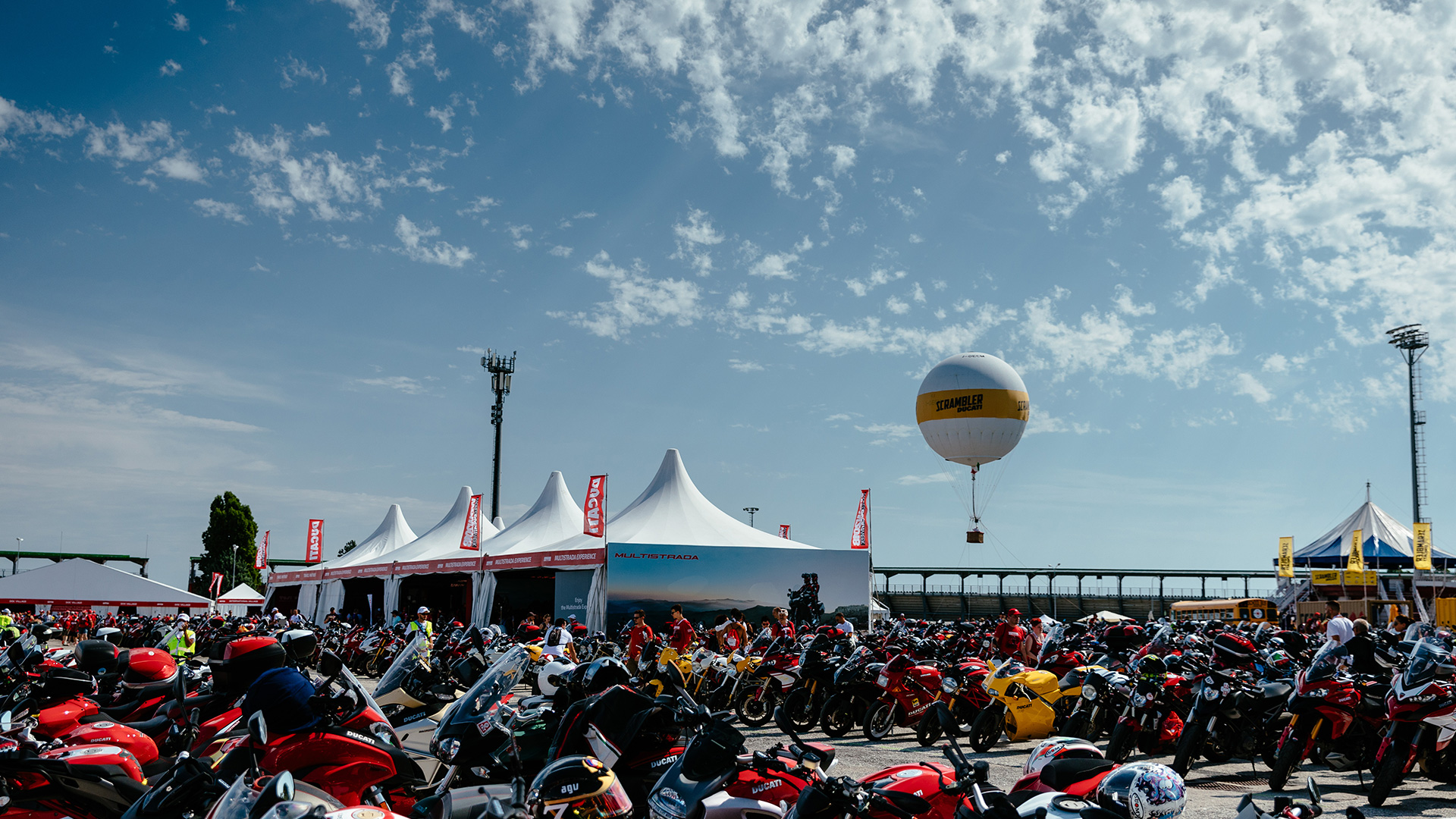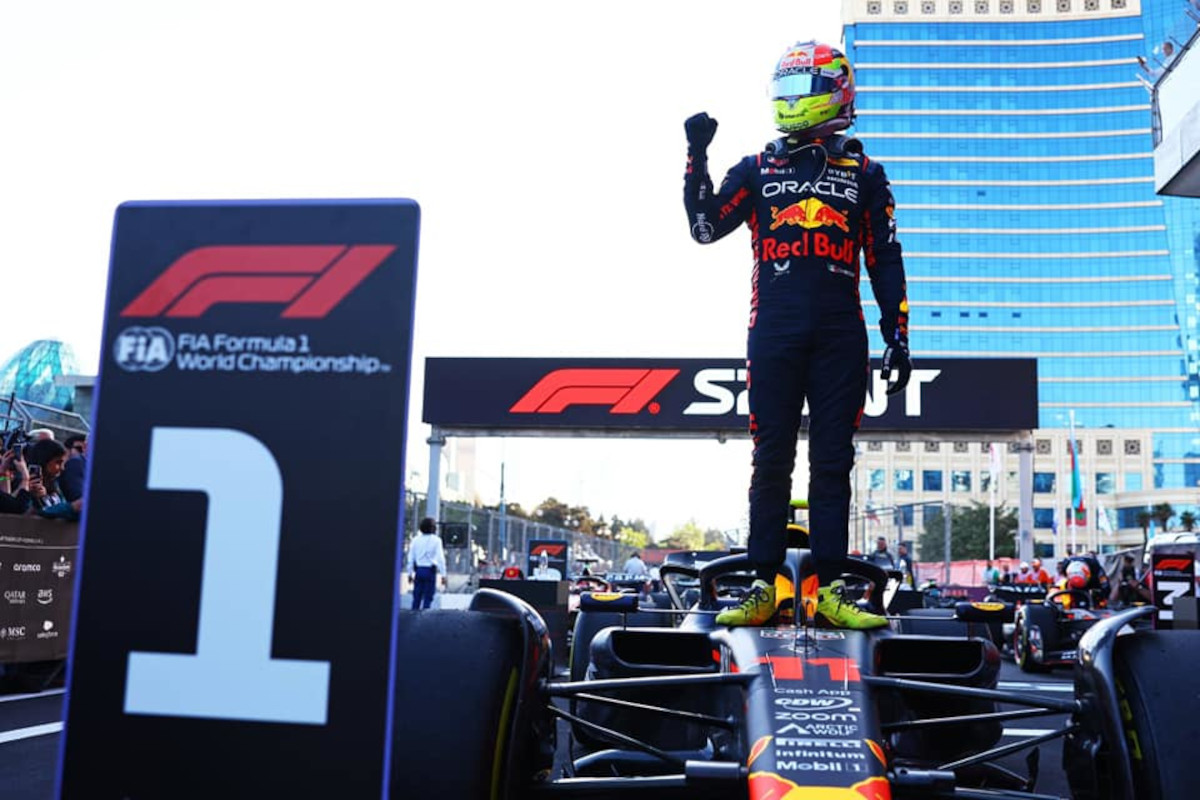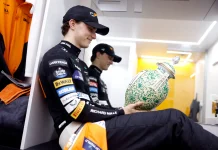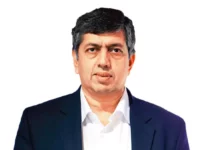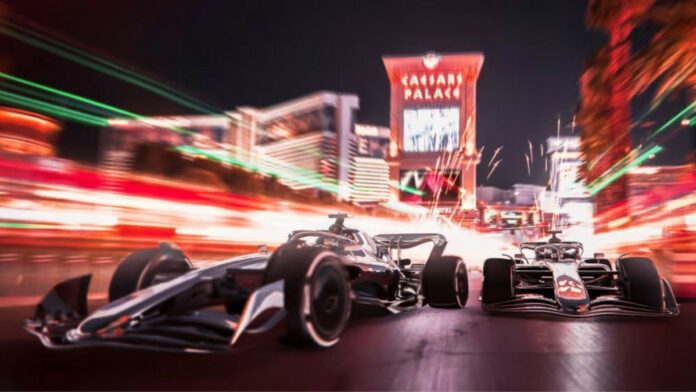Las Vegas Grand Prix Lawsuit
In a striking turn of events, the Las Vegas Grand Prix has become the centre of a significant legal battle. Two Nevada law firms, Dinopoulos Law Firm and JK Legal & Consulting, have initiated a class action lawsuit on behalf of 35,000 disappointed fans.
Summary of Class Action Lawsuit
- Plaintiffs: 35,000 ticketed fans who attended the Las Vegas Grand Prix
- Defendants: TAB Contractors, Inc. and Liberty Media Corporation doing business as Formula One Heineken Silver Las Vegas Grand Prix
- Allegations: deceptive trade practices, breach of contract, and negligence
- Damages: at least $30,000
- Details:
- Fans saw only eight minutes of a practice session before it was cancelled due to track issues.
- They were kicked out of the venue before a delayed second practice session began.
- Not offered a refund or an apology for their troubles.
- Fans who paid for only Thursday tickets were offered only a $200 voucher to the event’s online shop.

Consumer Rights in Event Management
Key Points
- The lawsuit was filed in a Nevada court on Friday, November 18, 2023.
- Seeking at least $30,000 in damages.
- Names TAB Contractors, Inc. and Liberty Media Corporation as defendants.
This lawsuit, filed against the event organizers, underscores a troubling scenario where thousands of motorsport enthusiasts experienced profound disappointment and inconvenience. The fans, having anticipated a thrilling practice session, were instead met with abrupt cancellations, lengthy delays, and a lack of adequate communication or compensation. This legal action brings into focus critical issues surrounding consumer rights and the responsibilities of event organizers.
Deceptive Trade Practices in Sports
This situation involving the class action lawsuit against the organizers of the Las Vegas Grand Prix is quite complex and involves several legal issues, including deceptive trade practices, breach of contract, and negligence. Here’s a breakdown of each legal aspect:
- Deceptive Trade Practices: This claim likely arises from the allegation that the organizers either misrepresented or failed to adequately disclose the conditions under which the event would be held, particularly in terms of the possibility of cancellation or delays. Deceptive trade practices generally involve making false or misleading statements about a product or service. In this case, the lawsuit might argue that the organizers did not provide accurate information about the event’s schedule or the likelihood of sessions being cancelled.
- Breach of Contract: This claim centres on the idea that the organizers failed to fulfil their part of the agreement made when tickets were purchased. When fans buy tickets to an event, there is an implicit contract that they will receive the service they paid for – in this case, the ability to watch the practice sessions. The fact that fans were only able to watch eight minutes of a practice session and were then kicked out without being able to watch a rescheduled session could be seen as a failure to fulfil this contract.
- Negligence: This aspect of the lawsuit might relate to the organizers’ handling of the event, particularly the safety issues (like the unsecured drainage cover that led to Carlos Sainz Jr.’s collision) and the poor management of the event’s scheduling and communication with attendees. Negligence claims in this context would argue that the organizers failed to exercise reasonable care in the planning and execution of the event, leading to the attendees’ losses.
The lawsuit’s outcome will depend on various factors, including the specific terms and conditions of the ticket sales, the evidence presented by both sides regarding the organization and conduct of the event, and the applicable laws in Nevada. It’s a significant case, as it involves a large number of affected individuals and highlights the responsibilities of event organizers towards their customers.
Negligence in Sporting Events
Key Analysis
The class action lawsuit against the organizers of the Las Vegas Grand Prix warrants a key analysis focusing on several critical aspects:
Legal Grounds of the Lawsuit
- Deceptive Trade Practices: Analyzing whether the event organizers made false or misleading statements about the event, particularly regarding the schedule and potential for changes or cancellations.
- Breach of Contract: Assessing the terms and conditions of the ticket sales and whether the organizers failed to deliver the promised experience. This involves scrutinizing the implicit contract formed when tickets were purchased.
- Negligence: Evaluating the organizers’ duty of care in ensuring the safety and proper management of the event. The incident involving Carlos Sainz Jr. and the unsecured drainage cover, as well as the handling of event schedules and communication with attendees, are crucial elements here.
Consumer Rights and Expectations
- The lawsuit brings to light the expectations fans have when purchasing tickets for such high-profile events. There’s an implicit promise of not just viewing the event but also experiencing it in a certain quality and standard.
Impact on the Event Industry
- The outcome of this lawsuit could set a precedent affecting how event organizers plan and execute large-scale events, especially in terms of managing unforeseen circumstances and communicating with attendees.
Financial and Reputational Implications
- The case involves substantial financial implications, considering the large number of affected individuals and the high cost of tickets. There’s also a significant reputational stake for the organizers and potentially for the Formula One brand.
Organizational and Safety Standards
- The incident raises questions about the safety standards and organizational competence in managing large-scale sports events. Ensuring that all infrastructure is secure and that contingency plans are effectively communicated is paramount.
Consumer Remedies and Compensation
- The case will likely explore what constitutes fair compensation for the aggrieved parties. It raises broader questions about how organizations should remedy situations where service delivery falls significantly short of expectations.
Event Management Accountability
Analyzing the class action lawsuit against the organizers of the Las Vegas Grand Prix from the perspective of pros and cons provides a balanced view of the implications and outcomes of this legal action:
Pros
- Consumer Protection: The lawsuit emphasizes the importance of protecting consumer rights, ensuring that ticket buyers receive the value and experience they are promised.
- Accountability: It holds the event organizers accountable for their actions and decisions, potentially leading to higher standards in event management.
- Precedent for Future Events: A successful lawsuit can set a precedent, ensuring better handling and organization of future events, with more focus on safety and proper communication.
- Highlighting Safety Issues: The incident with Carlos Sainz Jr. and the drainage cover brings attention to safety standards, possibly leading to more stringent safety protocols.
- Potential for Fair Compensation: It provides an avenue for affected individuals to seek compensation, acknowledging the inconvenience and disappointment they experienced.
Cons
- Financial Burden on Organizers: The lawsuit can impose a significant financial strain on the event organizers, which could have repercussions on their ability to host future events.
- Negative Publicity: The legal battle can tarnish the reputation of the organizers and potentially impact the overall brand of Formula One events.
- Increased Costs for Future Events: To offset the costs of litigation and increased insurance premiums, organizers might increase ticket prices for future events.
- Legal Precedent Risks: If the lawsuit sets a very stringent precedent, it could lead to a surge in litigation for minor issues in future events, affecting the industry as a whole.
- Resource Intensive: Legal battles are resource-intensive, potentially diverting attention and funds from improving event experiences to dealing with legal proceedings.
Conclusion
The class action lawsuit against the organizers of the Las Vegas Grand Prix encapsulates a pivotal moment in consumer rights advocacy, particularly in the realm of large-scale events. It underscores the imperative for event organizers to not only prioritize safety and proper communication but also to adhere to the expectations set forth during ticket sales.
The outcome of this legal battle will potentially set a precedent for how similar situations are handled in the future, emphasizing the legal and ethical obligations that come with hosting large public events. As the legal process unfolds, it serves as a stark reminder to event organizers worldwide about the importance of transparency, accountability, and respect for consumer experiences.


